Half a year of CoV
For half a year, the ongoing coronavirus crisis has impacted our world now. We have reached out to gather an impression of how the crisis has impacted individual lives, gender equity, science education, and the public appreciation of biodiversity. Find here replies from five continents.
Flash interviews compiled by Florian M. Steiner

Ivette Perfecto, United States of America
MNB: Was there a lockdown in your region and if so, how did it impact your research productivity?
IP: Yes, there was a lockdown in Michigan and the University closed down. At that time, I was not doing any lab work, so it did not affect my work initially. However, later on in the late spring and summer, I was not able to do any field work, since my research is in Mexico and Puerto Rico and the University bans all travel sponsored by the University. So, I lost the entire field season of my research in Mexico and Puerto Rico. Fortunately, I have a project coordinator in both countries and they were able to continue taking data for some time.
MNB: Do you think the crisis is impacting women and men equally?
IP: No, I think that it is impacting women more than men. There are still many male academics that have stay-at-home partners that could take care of their kids. This provided many male academics with ample time to work on papers and proposals during the lockdown. I do not have data on this but several journal editors commented on the disproportionate increase in submissions by male scientists during the lockdown.
MNB: Do you expect a long-lasting change to the research training and job perspectives of our youngest scientists?
IP: Yes, I am particularly worried about my new Master’s students. The Master program is a period of time when you make decisions to continue for the PhD or not. The research that you conduct during the Master program is key to this decision. In my field, the research has a strong field component and frequently, that is what excites the students the most about the research. Unfortunately, most of them were not able to have this experience. Some worked on theoretical ecology, others worked analyzing data that had been collected already, etc. but none were able to go to the field to collect data themselves. I think that this can have a long lasting effect. Some of these students may decide not to continue for a PhD and get out of academia altogether.
I also think that the lockdown is having negative effects on the mental wellbeing of young scientists. With so many things happening in the world today, the lockdown makes them feel impotent. They are not concentrating well and they are not able to focus on their work as well as before. At least, I have noticed that in some of my students. Although all the extra time should have resulted in higher productivity, in effect, the productivity of some of the younger scientists have gone down. This is particularly true for women with young kids.
MNB: Do you expect any effect on the public appreciation of biodiversity and biodiversity research caused by the crisis?
IP: I have noticed that people are going out to enjoy nature more than before. Potentially, this could increase their appreciation for nature and biodiversity.
MNB: Has your personal appreciation of big and small things in life been influenced?
IP: I have been walking in the woods in Ann Arbor much more than before. Since I am always away during the summers doing field work in the tropics, I have little time to enjoy nature in Michigan. In the humid tropics there are some changes (i.e. from dry season to rainy season), but nothing like the seasonal changes in the temperate zone. The lockdown allowed me to experience the change in season from late winter, when the trees were still without leaves, into the spring and now summer. I am looking forward to the changes in the fall and winter. It is extraordinary how much the woods in my neighborhood change in a few months.
MNB: It’s July 2020 now; what do you associate with July 2021?
IP: I hope I’ll be doing field work in Puerto Rico next July. Fingers crossed!
Palesa Mothapo, South Africa
MNB: Was there a lockdown in your region and if so, how did it impact your research productivity?
PM: Yes, we had a lockdown from 26 March 2020. It started off as a hard lockdown of 21 days when we had only a few traceable cases. Then it was extended and eased down with levels. We are currently at level 3 which allows some economic activity, schools opened and university partly resumed and opened to only 33% of Staff and Students.
It has been challenging to maintain research productivity during this time. I did manage to catch up on some ant identifications from samples collected in the past two years (2018-2019) as part of my Postdoc research. However, in between, I was doing my work online and also homeschooling my children, Grade 1 and Grade 5, and my niece who is in Grade 10. I think I had so many plans about how I was going to tackle this downtime but it was not very feasible to do so. I only focused on what I could do and reduced the pressure on myself to be at the top of my game. I did manage to submit a paper during the lockdown and to do almost 80% of the ant IDs I needed to complete. I also marked a Masters thesis. So I feel that I did manage to do something tangible during this time, even if at a slower pace. One strategy that has worked for me is to “eat the frog”- doing the big and most challenging things first and right at the beginning so that I do not get tired to do it. It has helped me to meet important deadlines since I was, and currently am, fully working from home.
MNB: Do you think the crisis is impacting women and men equally?
PM: The crisis is not affecting men and women equally at all. Although “not at all” may sound a little bit hard. Men seem to have easier opportunities, work easier and are able to do fieldwork and much stuff alone without the need to be in a group. Logistics of fieldwork seem easier also for men. In any given day, women who have children have to be ready earlier to make it to work at the same time as men and women without children, remain productive all day, return back home and get everything and everyone ready before they could rest themselves. Which is not always the case for men, and for women with no children. That said though, recently I read in The Conversation, Dr Megan Frederickson from the University of Toronto wrote to show that women were effectively doing less research than men, regardless of whether the women were single or married or had children. She conducted research showing gender disparity in preprint submissions, showing that men had more research papers submitted and in preprint stages than women (https://theconversation.com/women-are-getting-less-research-done-than-men-during-this-coronavirus-pandemic-138073).
MNB: Do you expect a long-lasting change to the research training and job perspectives of our youngest scientists?
PM: Definitely, things are changing already in the funding landscape. The type of research that will be funded will differ greatly as well as going forward. We have proved now that it is possible to work remotely, so that might create more opportunities in an indirect way. I feel that young researchers should equip themselves with a range of transferrable skills that will enable them to work in different environments, not just strictly in academia. These skills could also create spaces in academia, so as much as it looks bleak, it will be up to individuals to equip themselves and be ready to be part of the change that is coming or already happening.
MNB: Do you expect any effect on the public appreciation of biodiversity and biodiversity research caused by the crisis?
PM: I think what has been happening now is that science is now live! The lab is now live, people are seeing what goes on when research is done, not just the outcome but the actual process. I feel that there is renewed interest in research and science in general because of this.
People have become more appreciative of their environment, more cognisant of the impact of their behaviours on the environment. I watch people now taking more pictures of insects, my friends sending me pictures of ants and asking me what they are. I am receiving more engagement from young people and parents asking me to talk to their kids about my research. There is a deeper desire now to know about the environment and to learn more.
MNB: Has your personal appreciation of big and small things in life been influenced?
PM: Yes indeed. In the lockdown I discovered that my son (6) is quite the rapper. He has been following StoryBots on YouTube and he loves singing for me. My daughter started coding and it has been nice to have the time to hang out and see her in her element. We watched the SpaceX Launch in absolute awe and excitement. We have taken long walks and looked for insects everywhere. I have been reading for leisure a bit more, so it has been great for me. The time of the lockdown has given me time to look at other things. As a single working mother, there is very little time to focus on my own person-doing things that I love and paying attention to myself. So I learnt to appreciate myself a little more at this time.
MNB: It’s July 2020 now; what do you associate with July 2021?
PM: Wow, well, I had planned to be in Helsinki round about now…ha ha. I was looking forward to conferences and travelling. July 2021 may not be as normal as we would like it, but it definitely is better and brighter than July 2020. In July 2021, the borders would have opened and the world would be reconnected again, yet we may be more and more distant (social distancing) and more and more caring towards one another. As the ants would say, for Queen and Colony!!, so to you all, for Family and Community. Now we will be more altruistic and look out more for one another, and support each other, and protect our biodiversity.
Cristina Castracani, Italy
MNB: Was there a lockdown in your region and if so, how did it impact your research productivity?
CC: Italy was seriously hit by the Covid-19 emergency and Parma (the town where I live) was pretty close to the red zone where the virus was firstly detected. My town was one of the first towns in Italy where the lockdown was imposed and as a result, my Department was officially closed around the 10th of March. Fortunately, working on insect behavior means that you mostly need living animals and during the first part of the lockdown we did not have ant livestock in the lab. So we immediately adopted the smart-working procedure using different software and platforms that helped us to stay in contact and work remotely. During the first months of lockdown (March, April and May), my research productivity “paradoxically” improved because I was able to focus on key steps like data analysis and paper preparation. After that period, we were able to go back to lab but with a lot of restriction and all the experiments that we planned for this summer started but very slowly. So I suppose we will face the consequences in the coming months.
MNB: Do you think the crisis is impacting women and men equally?
CC: Unfortunately, I have the feeling that the crisis is impacting women more seriously than men. For example, here in Italy, schools were closed in March, and we still do not know if and how schools will be opened in next September. That meant a new situation of forced and prolonged cohabitation that needs to be handled by families and especially by moms.
MNB: Do you expect a long-lasting change to the research training and job perspectives of our youngest scientists?
CC: It is difficult to say something about this. The strongest lockdown period in my town lasted 3 months and I think it is relatively a too short period for thinking at a long-lasting change. Here at Parma University, research and so research training are slowly starting again, but if I think worldwide it is really hard to make a prediction.
MNB: Do you expect any effect on the public appreciation of biodiversity and biodiversity research caused by the crisis?
CC: Absolutely yes. At least here in Italy, the Covid-19 emergency pushed the public attention toward topics like the importance of scientific research, the role of scientific discovery for human well-being and the effects of environmental destruction and the reduction of biodiversity.
MNB: Has your personal appreciation of big and small things in life been influenced?
CC: I think so. I considered myself a lucky person because my work is also my passion, but sometimes work in the university is all-embracing. During this period, I had the possibility to understand how important are the connections with your relatives and your friends and how lucky I am for living now that we have internet to still get in touch.
MNB: It’s July 2020 now; what do you associate with July 2021?
CC: The possibility to travel again (with no restriction) to discover new places and follow my second big passion that is …. Knitting, and as a very famous knitter, Elisazabeth Zimmermann said “Knit on with confidence and hope through all crises!”
Maria Santina de Castro Morini, Brazil
MNB: Was there a lockdown in your region and if so, how did it impact your research productivity?
MSdCM: Yes, there was. Me and my students had to stop our laboratory activities. In addition, we also had to postpone our fieldwork. Our results will, for sure, be affected negatively.
MNB: Do you think the crisis is impacting women and men equally?
MSdCM: Men and women are affected in different ways. Personally, I had to cope with domestic work and home office.
MNB: Do you expect a long-lasting change to the research training and job perspectives of our youngest scientists?
MSdCM: Yes, I hope. I hope that our young scientists will think in our society and then seek to integrate their results in our daily life. Before the pandemic, I was used to see science very far from the population. Today, I see that this is changing. I hope that this change will happen.
MNB: Do you expect any effect on the public appreciation of biodiversity and biodiversity research caused by the crisis?
MSdCM: Honestly, I do not know how much the population is relating the pandemic to the human neglect towards our planet. I hope that the ones that were touched by this topic will do a little ant’s job, and spread information regarding it, raising discussions and reflections.
MNB: Has your personal appreciation of big and small things in life been influenced?
MSdCM: This period, hard period, is being important for self-reflection. After this phase, we cannot be the same person as we were used to be. We have to change, especially in relation to the behavior towards our planet.
MNB: It’s July 2020 now; what do you associate with July 2021?
MSdCM: July 2020: I hope for a vaccine, to be relaxed when going out from home. I hope everyone will have the right to this vaccine, independently of the economic condition.
July 2021: The pandemic made me live each single day at a time.
Meenakshi Bharti, India
MNB: Was there a lockdown in your region and if so, how did it impact your research productivity?
MB: The country-wide pandemic lockdown in India was imposed on 25th March, 2020 and lasted till 31st May, 2020. The curfew was imposed, and there were strict restrictions on the movement of people. Essential services like food and medicine were made available at one’s doorstep. At present, the Government has lifted the curfew and have allowed businesses to resume their work but educational institutions are still closed.
Well, it impacted my research in many ways: a) For a taxonomist, months of March to August are perfect to collect insect samples from the field and to study their natural history, but because of this ongoing pandemic condition it seems nearly impossible (travel restrictions). b) It has impacted the experimental work in the lab as well. Overall, the scientific productivity has decreased.
MNB: Do you think the crisis is impacting women and men equally?
MB: Well, it depends from person to person. If your partner is happy to trade off household duties then one can work efficiently from home as well. Otherwise, it is a bit difficult for women to juggle house-hold chores and research work. Lot of my female friends in STEM feel that because of this pandemic they are working at 50-70% of their capacity. With labs closed, at home you can write research papers or catch up on the literature. One of the researchers in the U.S. publication “The Lily” compared preprints in Astrophysics from January to March, 2020 with previous year records and found up to 50% productivity loss in women.
MNB: Do you expect a long-lasting change to the research training and job perspectives of our youngest scientists?
MB: The coronavirus pandemic has created an enormous uncertainty for young people who are ready to take up research or start labs as scientists. The young researchers, who are field scientists, learn and draw inferences from nature which further helps them to begin research of their own (you can’t arrange a skype meeting with nature), apply grants, etc. At present, there has been a remarkable decline in new job opportunities, research funding and associated employment opportunities. The grant funds are given for a specific term period, but due to the present crisis the principal investigators of ongoing projects across the globe are worried that their project grants will lapse before their team could gather the much needed data to finish their work. The need of the hour is that policy makers and institutional heads should find ways to help their scientist community, so that their passion for research/science is not impacted in any way.
MNB: Do you expect any effect on the public appreciation of biodiversity and biodiversity research caused by the crisis?
MB: There have been reports in the media of reduced human pressure on the wildlife. The big cats (tiger, lion), elephants, deer, birds and many other wild species have been seen venturing into the rural and urban areas due to lockdown. People are finding it fascinating and sharing the images on social media. Even the air quality has improved across the globe due to shutdown of industries and transport. I wish that people’s appreciation for clean air, water as well as empathy for other species living on this planet continues to grow and reaches a global agreement so that conservationists can push for stronger and better plans for biodiversity conservation.
MNB: Has your personal appreciation of big and small things in life been influenced?
MB: “Life is what happens to you when you’re busy making other plans”- John Lennon.
Yes, definitely, the pandemic has changed my perspective towards life. I am a more relaxed person now. My priorities have changed. The pandemic lockdown has given me time to stop and reflect, appreciate love, relationships, family and friends. The pandemic has given me an opportunity to further explore my love for cooking.
MNB: It’s July 2020 now; what do you associate with July 2021?
MB: I am a wishful thinker, and I hope that by July, 2021 things will be back to normal. I also hope that we learn our lessons well. This human tragedy has disrupted lives and killed thousands of people across the globe. It is time for reflection; it is time to educate people about the link between healthy resilient ecosystems and human health.

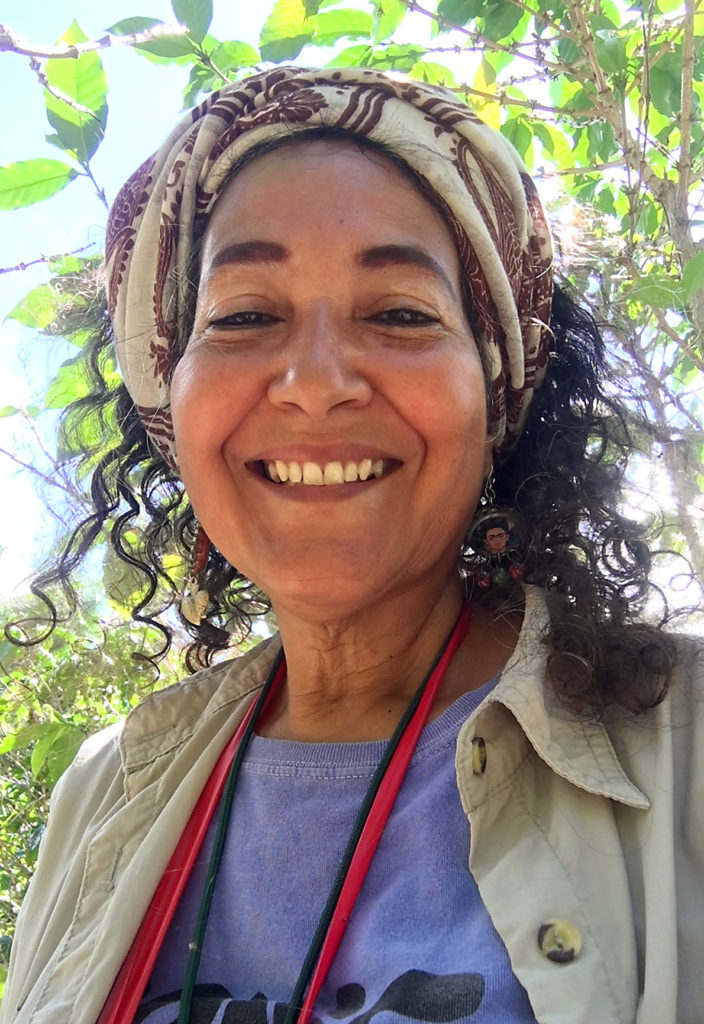
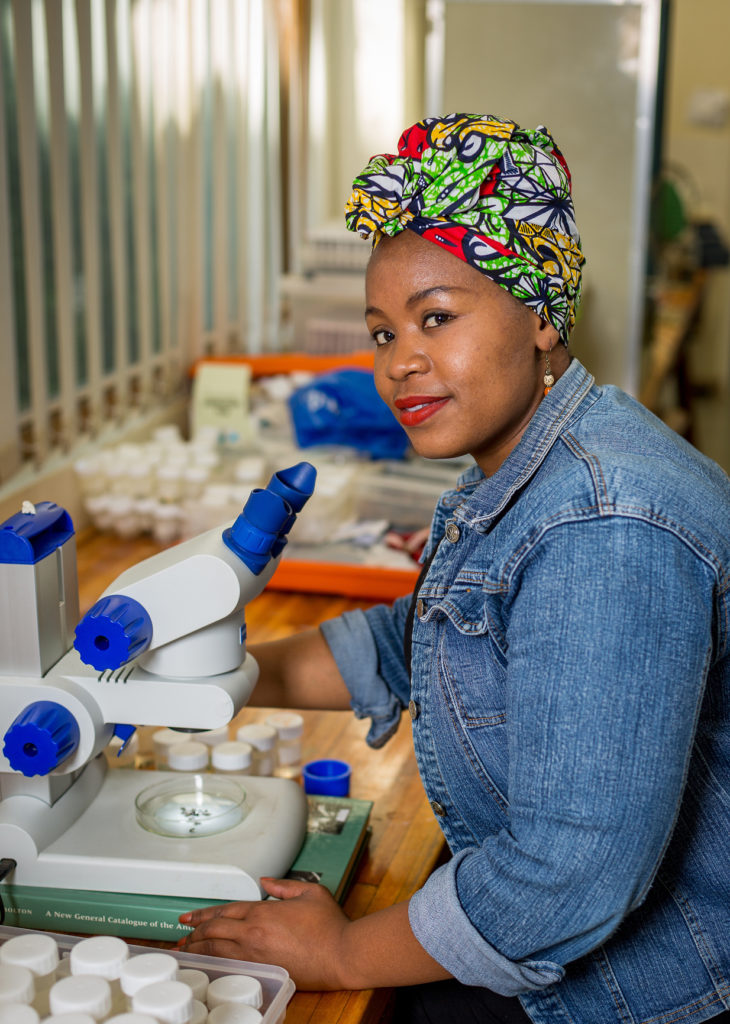
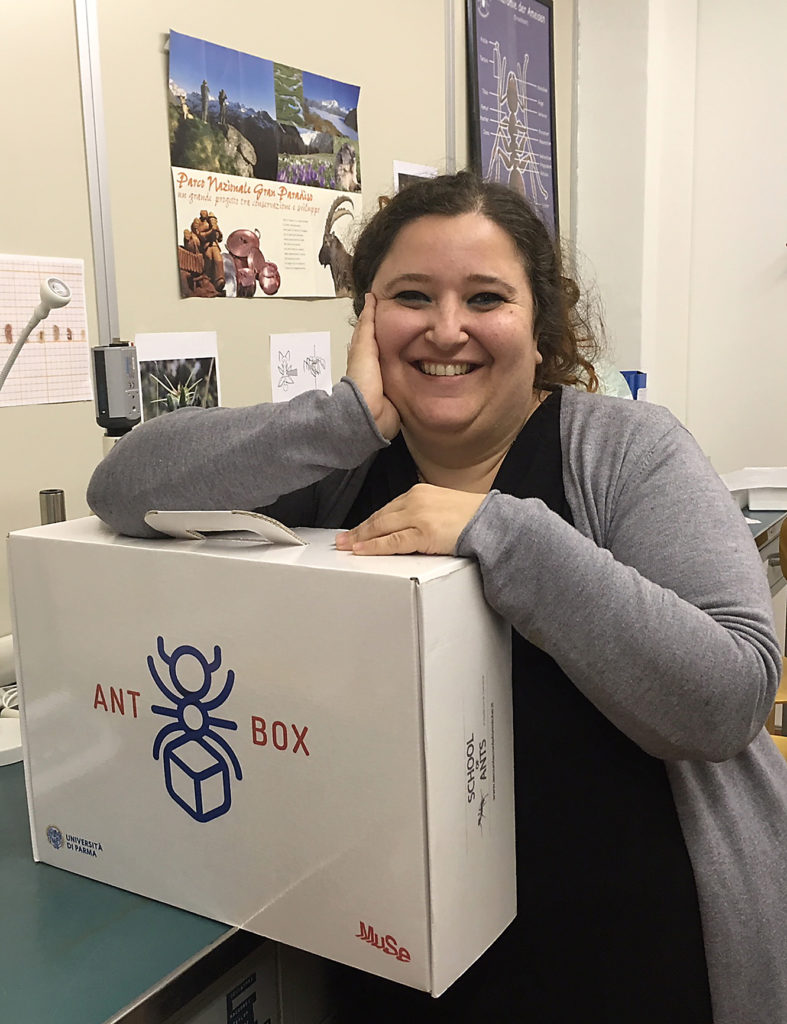
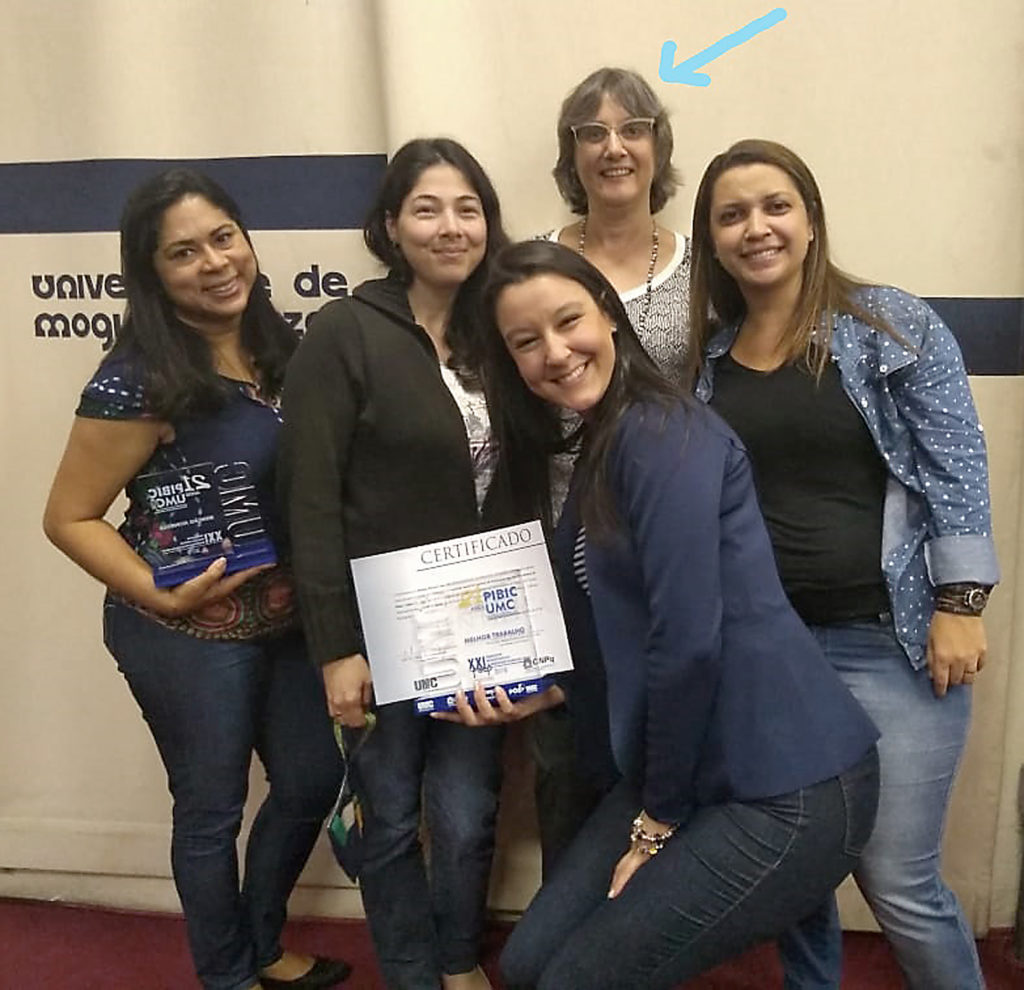
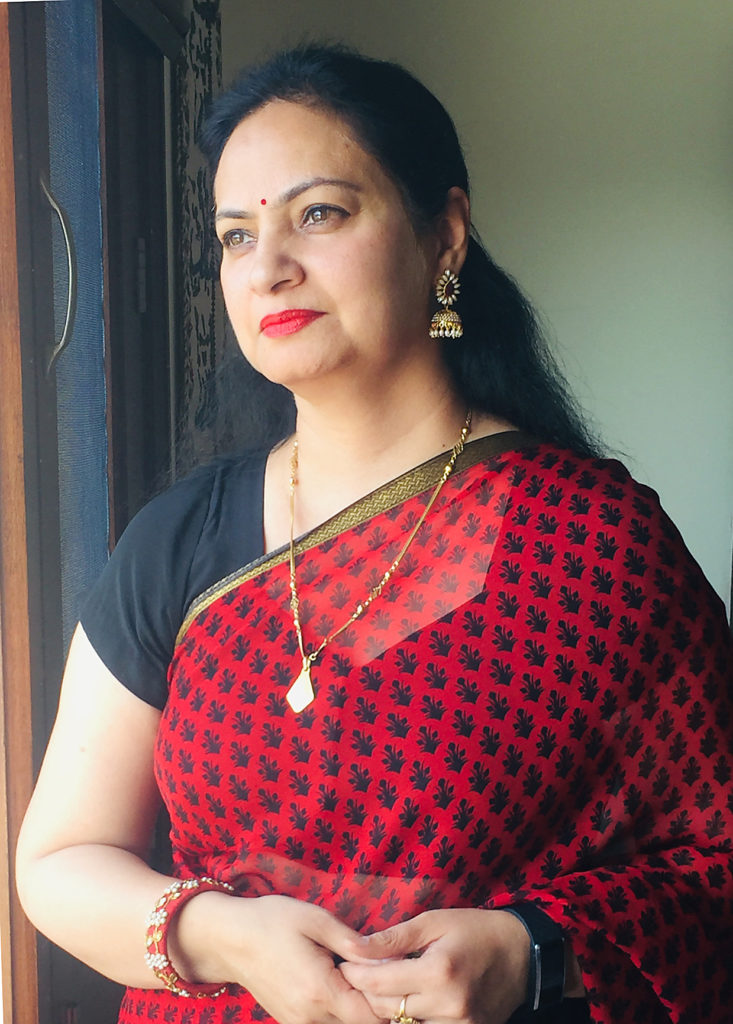

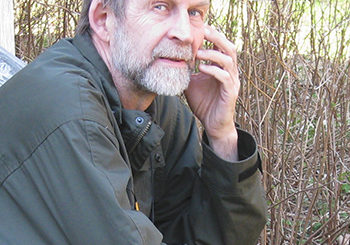
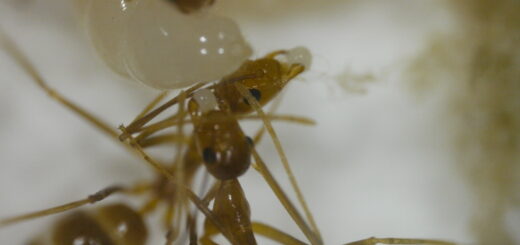
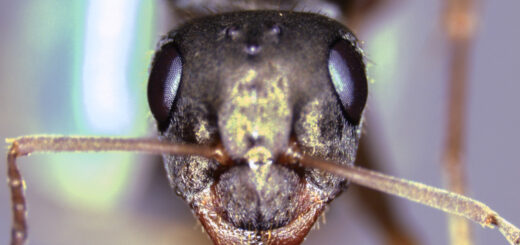
Recent Comments